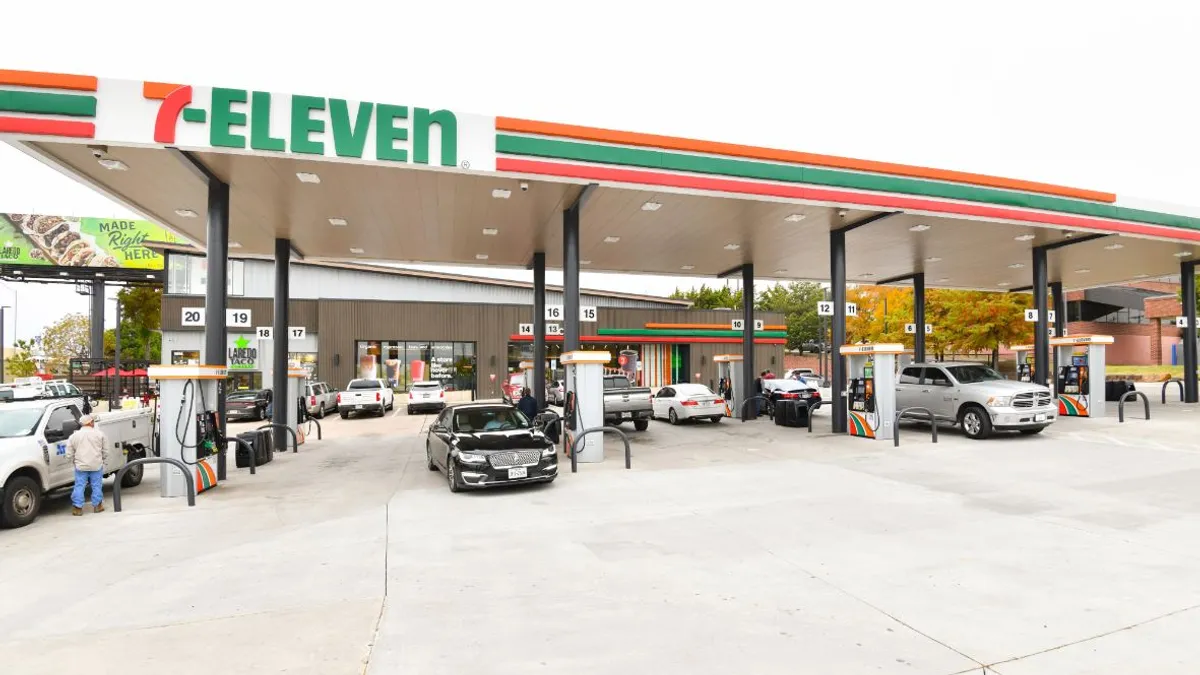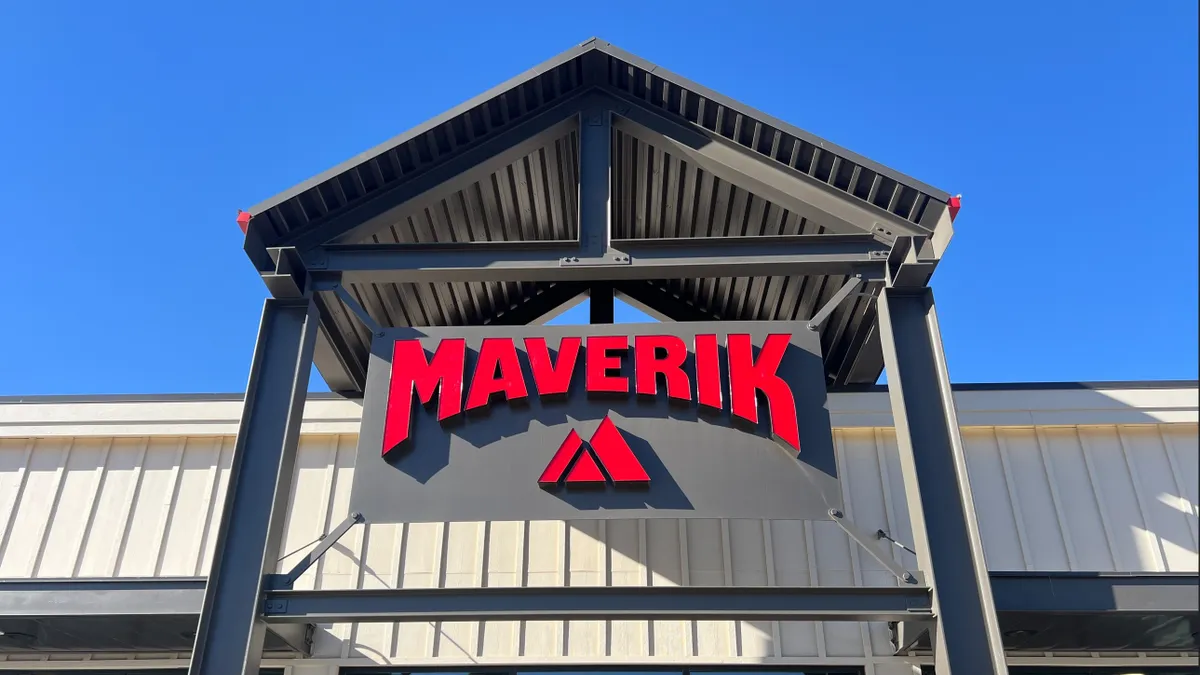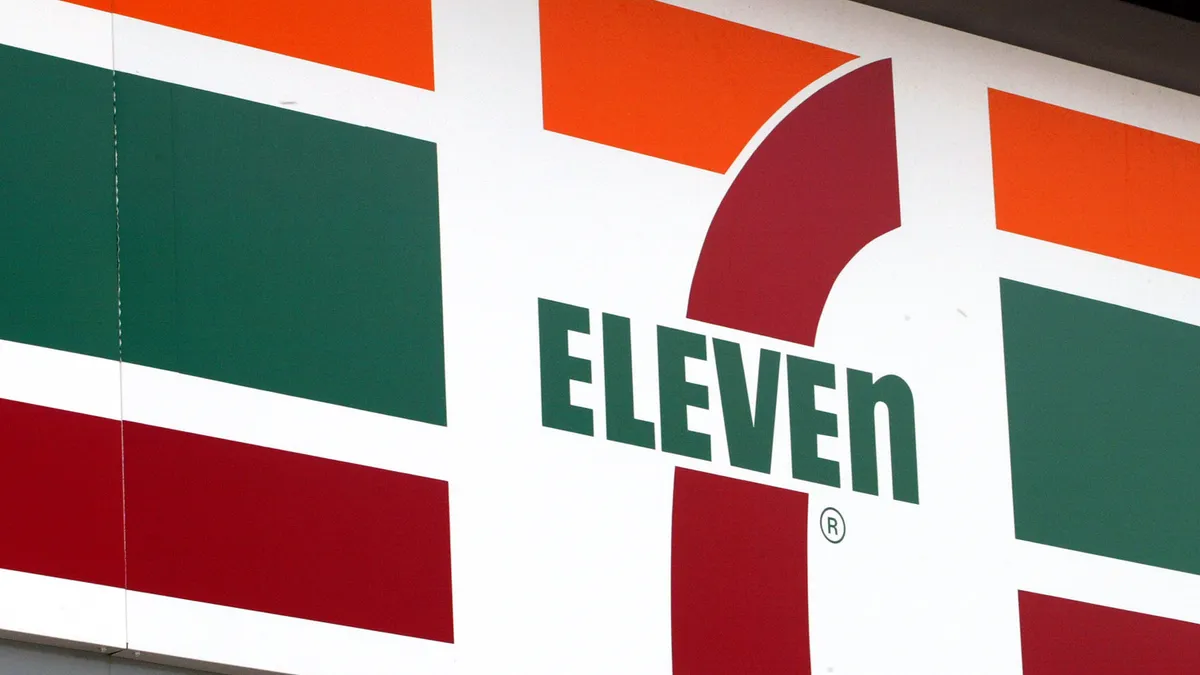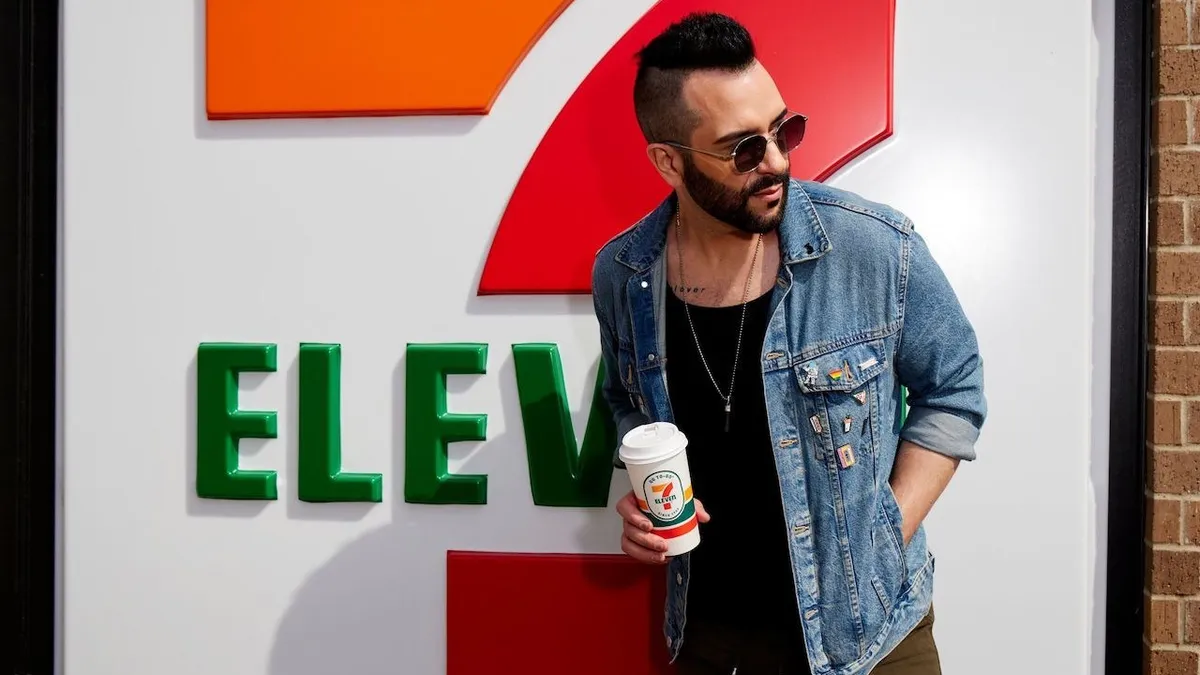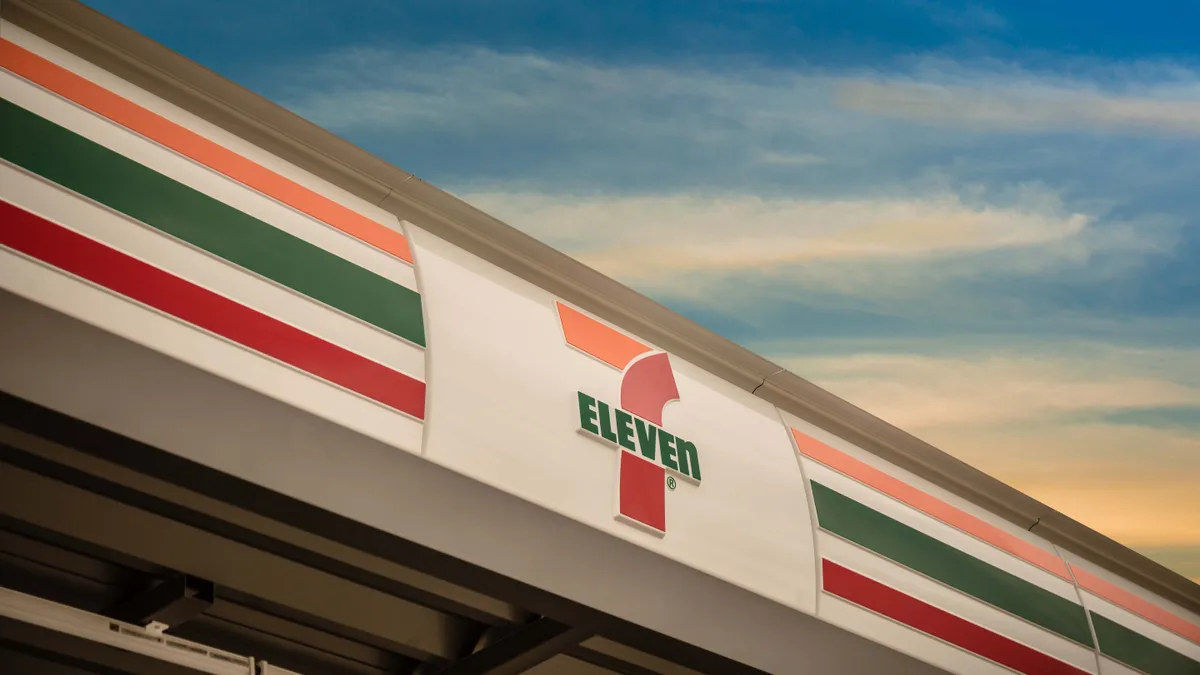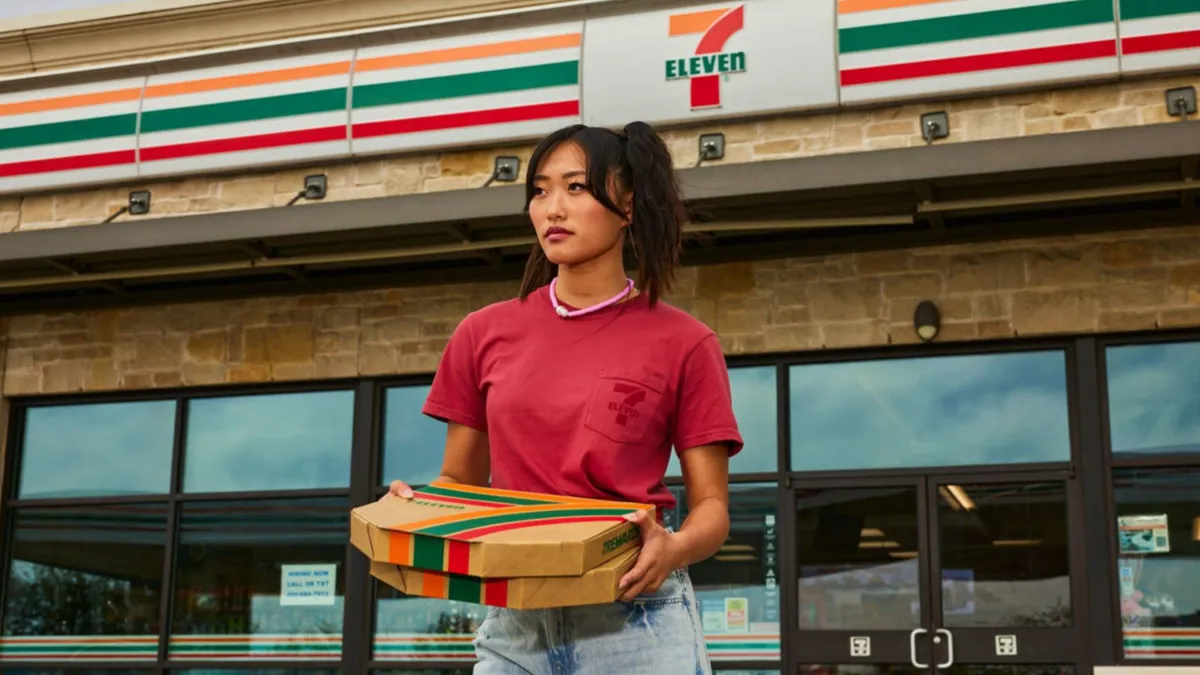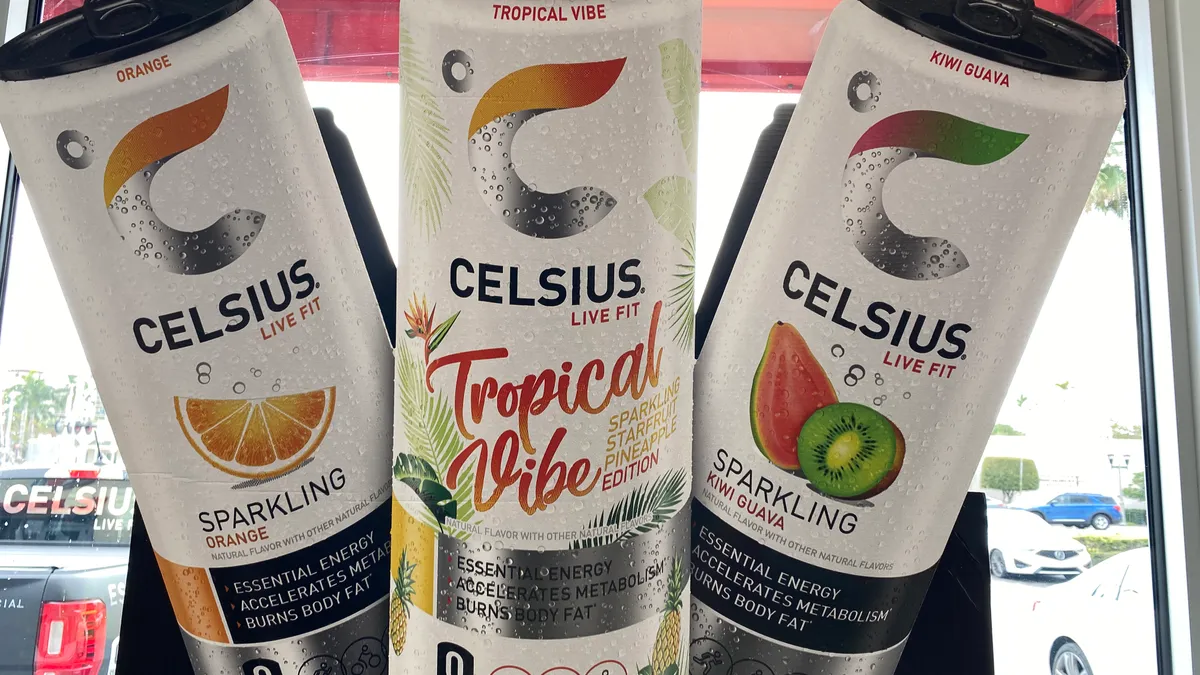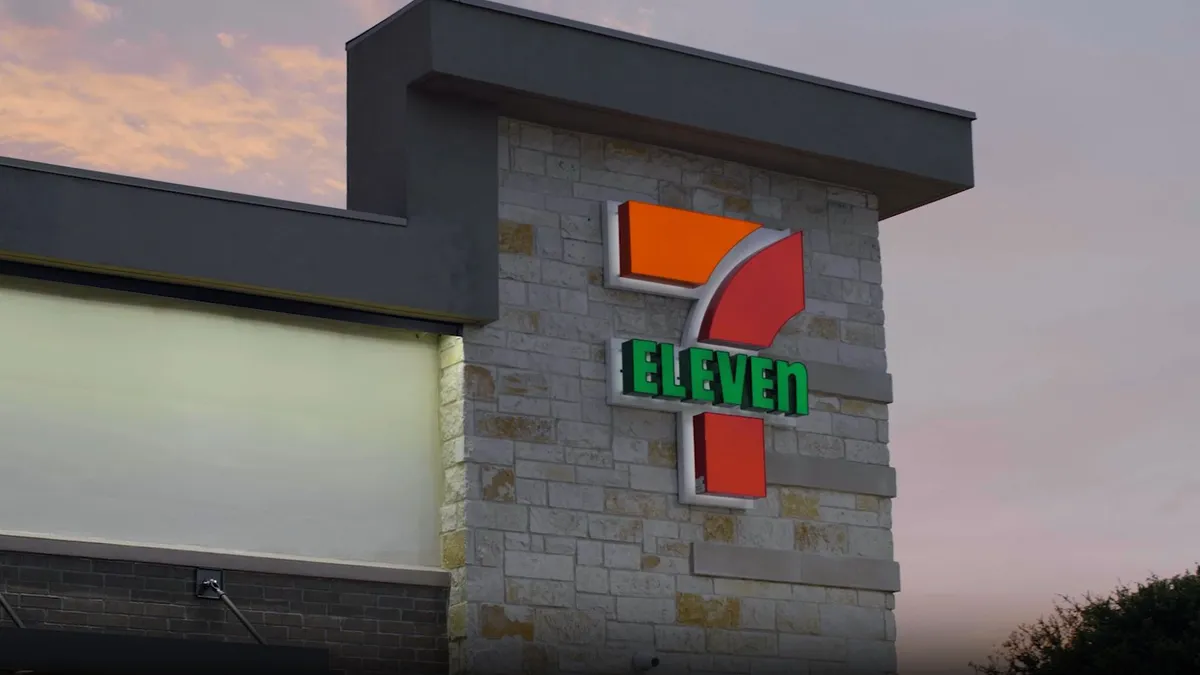Alimentation Couche-Tard, owner of Circle K convenience stores, shocked the c-store industry Monday morning when it revealed that it submitted a bid to acquire Seven & i Holdings, the Japanese parent company of 7-Eleven.
The bid amount was undisclosed, and both Couche-Tard and Seven & i said the proposed deal is “non-binding and preliminary.” Seven & i said in a statement that its board of directors has formed a special committee to review the proposal as well as its standalone future as a company before it makes any decisions.
If the deal comes to fruition, Couche-Tard would be acquiring not only the biggest convenience retailer in the U.S., but in the world. Based in Irving, Texas domestically, 7-Eleven has more than 84,000 locations across 19 countries, including over 13,000 in the U.S. Meanwhile, Laval, Quebec-based Couche-Tard has 16,700 sites across 31 countries, including over 7,000 c-stores in the U.S.
A combined entity of these two giants would bring a new, influential presence to the global c-store landscape, and by far the most dominant company in the U.S. market. But achieving this is no simple task. In its announcement, Couche-Tard acknowledged that “there can be no certainty at this stage that any agreement or transaction will be reached.”
Experts from around the c-store industry concur that the hurdles may be too high for Couche-Tard to seal the deal, even if 7-Eleven was in agreement.
“At best, I might say 50-50,” Michael Infranco, assistant vice president of retail analytics firm RetailStat, said of the chances that this acquisition actually happens.
Tom Kloza, global head of energy analysis for price-reporting agency Oil Price Information Service (OPIS), called the deal a “Hail Mary pass” on Couche-Tard’s end.
“It's certainly less than 50-50,” he said.
“Just ask the people at Albertsons and Kroger.”
Kloza sees two major obstacles standing in the way of this deal happening. The first is Couche-Tard simply convincing 7-Eleven to get on board with this monumental acquisition, Kloza said, citing recent examples of investors pushing for — and failing to make — major changes at the Japanese convenience retailer.
Case in point: In January 2023, activist investor ValueAct Capital pushed for Seven & i to spin off its 7-Eleven c-store arm into its own company. ValueAct — which at the time owned shares worth just over 4% of Seven & i — emphasized that the growth potential of 7-Eleven, the largest c-store chain in the world, was being hindered by the rest of the Japanese holding company, which also owned broader retail and department stores.
Those demands eventually led to ValueAct pushing for the removal of some of Seven & i’s long-term executives. However, at its board elections this past May, those executives garnered enough votes to hold their positions. ValueAct hasn’t taken any action since.
“The Seven & i leadership in the past has pretty much suggested that they don’t want anybody to mess with them,” Kloza said.
On the contrary, it’s possible that Couche-Tard has taken Seven & i’s recent investor pressure as a sign that now could be an ideal time to push for the deal, said Infranco.
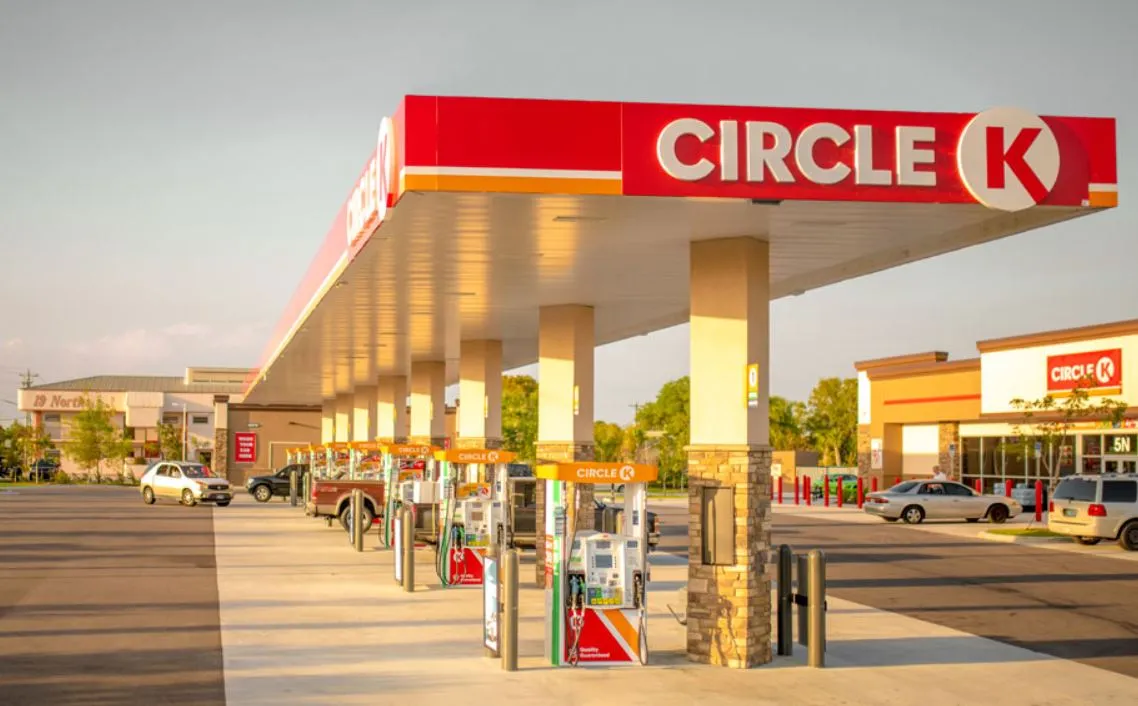
“I'm sure Couche-Tard is motivated a little bit by the fact that there's an activist investor involved here with 7-Eleven that's probably been pushing for some moves,” Infranco said.
Even if both companies agree to a deal, the Federal Trade Commission could stand in the way, both Kloza and Infranco noted.
Kloza said current FTC Chair Lina Khan has been stringent during her three-year term about approving acquisitions that combine major competitors within a single industry. He noted that the FTC during this time has made “people go through their paces” in getting deals done.
“Just ask the people at Albertsons and Kroger,” Kloza said.
Kloza also pointed to Seven & i’s murky history with the FTC as a potential hurdle in this deal getting done if they agree to it.
In 2021, the FTC claimed that 7-Eleven’s $21 billion acquisition of Marathon’s Speedway convenience stores subsidiary violated federal antitrust laws. Last December, the commission sued 7-Eleven for violating a 2018 consent order by acquiring a fuel outlet in St. Petersburg, Florida, without providing prior notice to the FTC.
“They’ve had a kind of tough relationship with the FTC,” Kloza said of 7-Eleven and Seven & i. “There’s just a lot of history that, to me, indicates again this is a Hail Mary pass.”
What if it happens?
Although the deal may seem like a longshot to some analysts, Couche-Tard is an ideal acquirer of 7-Eleven if it were to happen due to its successful M&A history, large-scale footprint and financial liquidity, both Kloza and Infranco agreed.
“It goes through, I would not expect Couche-Tard to do a poor job of integrating [7-Eleven’s stores] and competing well with it and paying off the debt,” Infranco said. “It [would be] a massive, massive undertaking.”
Kloza said Couche-Tard has been the “most successful consolidator in the business” since the turn of the 21st century. Since 2000, Couche-Tard has acquired thousands of convenience stores from several major players, including Johnson Oil Co., Holiday Stationstores, TotalEnergies, and, as of yesterday, supermarket chain Giant Eagle.
“I'm sure Couche-Tard is motivated a little bit by the fact that there's an activist investor involved here with 7-Eleven that's probably been pushing for some moves.”

Michael Infranco
Assistant vice president, RetailStat
Pulling off its proposed acquisition of 7-Eleven would put Couche-Tard in a dominant position in the U.S. c-store industry. Couche-Tard would have more than 20,000 locations to its name — over 17,000 more than the presumptive second largest chain, Casey’s General Stores.
During a period of rapid consolidation in the c-store industry where major chains continue to buy out small and mid-size companies, Couche-Tard would become “a behemoth that can buy smart so they can sell smart too, and they can be even more competitive on the street,” Kloza said.
But for now, all the industry can do is wait.
“This is going to be the mother of all Thanksgiving meals for Couche-Tard, where it’s going to take a while to digest,” Kloza said.



